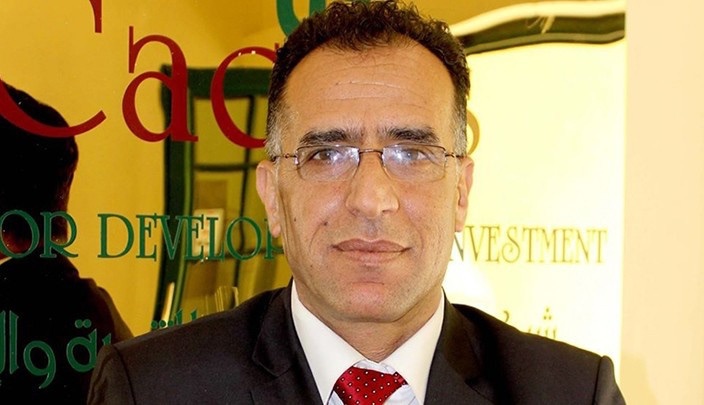Visa cancellations: a war on Palestinians and a message to the Arab world
Al-Khamisa News Network - Gaza

Author: Mustafa Ibrahim
The United States’ brazenness and bullying have reached a dangerous level with its decision to revoke visas granted to officials of the Palestinian Authority and the Palestine Liberation Organization ahead of the United Nations General Assembly. This decision cannot be seen as a mere administrative technicality; it is a breach of international law and the norms of interstate relations, and it contradicts the agreement between Washington and the United Nations that obliges the host country to grant visas to delegations participating in the work of the international organization.
Such conduct raises again a fundamental question: is the United Nations still an independent international institution, or has it become hostage to the whims of the host country? If the organization’s headquarters has become a tool of blackmail in Washington’s hands, it is legitimate to seriously consider relocating it to Geneva to protect its independence and ensure its freedom of action.
The visa ban goes beyond targeting particular individuals; it is an attempt to strip the Palestinian leadership of legitimacy and force it into complete subservience to the will of the White House and its understandings with Israel. American justifications — stopping what it calls “terrorism,” ending “incitement,” and refraining from turning to international courts — are mere pretexts to close off any political avenue that does not pass through Washington and the occupying power.
The American message is not limited to the Palestinians. It is also directed at Arab states, notably Saudi Arabia, which has for some time been pursuing a new political track and has shown willingness to make historic concessions in exchange for a settlement with Israel. With this decision, Washington is telling Riyadh: even your substantial efforts will not succeed as long as you insist on giving the Palestinians a minimum level of international representation. Thus, the United States not only weakens the Palestinian position but also undermines its standing with its “moderate” allies.
More dangerously, depriving an entire people of participation in the General Assembly strikes at the core of the United Nations. If the host country can prevent legitimate delegations from entering, what remains of the principle of equality among peoples? This is no longer only a Palestinian issue, but one that concerns the credibility of the entire international organization and its standing as a forum that brings together all nations.
History repeats itself. In December 1988 Washington prevented the late President Yasser Arafat from entering New York to deliver his speech, so the General Assembly moved to Geneva and 154 countries voted in favor of his right to speak. Arafat said then that what happened was not a victory over America but a victory of the will of the international community over unilateral power. Today the question returns: will the world acquiesce to American unilateralism, or will it witness a repeat of a new “Geneva moment”?
The Palestinian leadership must move out of its state of helplessness and waiting for American approval by taking escalating domestic measures, renewing the PLO through a genuine national partnership, unifying the Palestinian ranks, and shedding the illusion of fear of Washington, which is working to strip Palestinians of their rights and diminish their right to self-determination and to shape their political system in ways that serve Israel’s interests.
Either the leadership becomes a hostage to continuous American-Israeli blackmail, or it seizes this moment to rebuild its national and diplomatic strategy away from tutelage. The international community, meanwhile, faces a test no less grave: defend the UN’s independence and peoples’ right to representation, or accept the transformation of the world organization into a tool in the hands of the “world’s policeman”.






